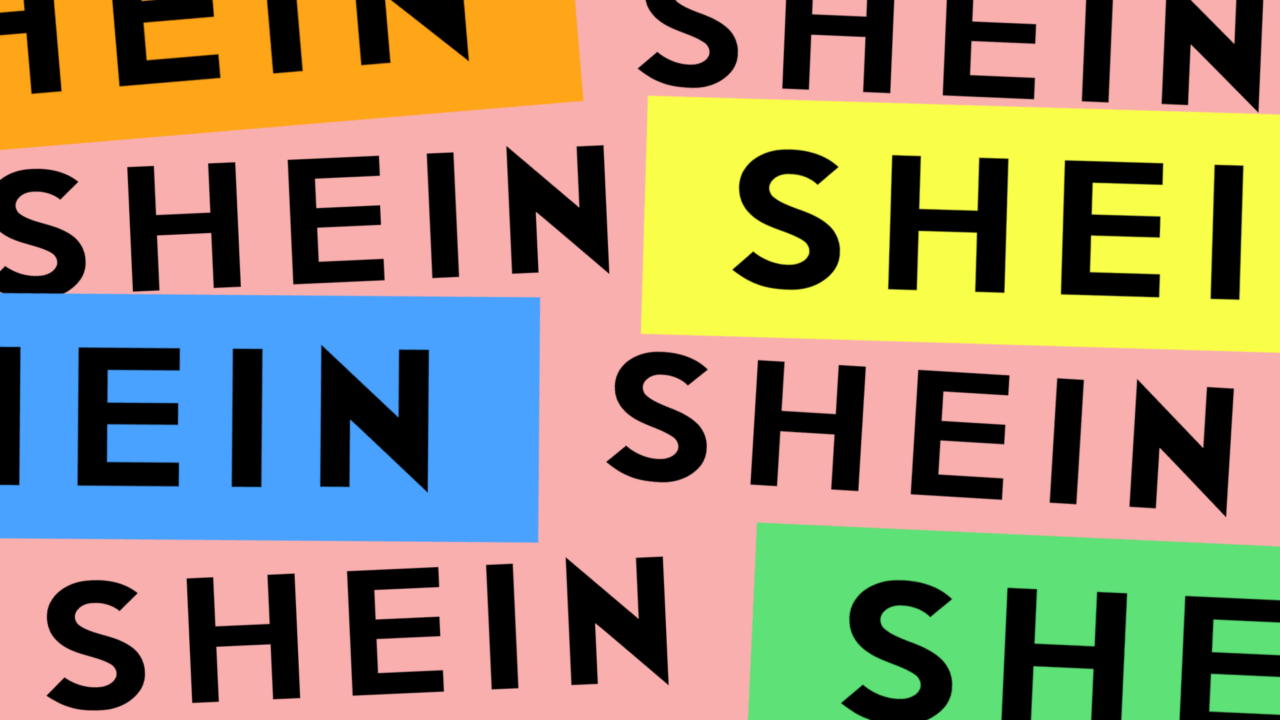Despite promises to improve working conditions, Shein’s disregard for people and the planet ensures business keeps booming.
Nowadays, the disdain for resource-hungry, cheap clothing companies would suggest brands like Shein and Temu are on the out. One Google search on fast fashion, however, will pull up mixed reports that suggest otherwise.
Younger generations – the same demographic who have shown a growing dedication to the environment, wellness, and anti-capitalist sentiment – continue to buy into fast fashion. Their spending power is one of the driving forces behind Shein’s unstoppable rise.
It’s clear, then, that the Financial Times’ death knell for fast fashion earlier this year was a touch premature.
While Gen Z claim to be more concerned about climate change than other generations, they don’t act like it, and these contradictory purchasing habits are putting both people and the planet at risk.
Despite Shein’s promises to improve working conditions, a new investigation by Swiss advocacy group Public Eye has found that a number of staff across six sites in Guangzhou were still working excessive overtime.
Shein is one of the largest fast fashion brands globally, and has been scaling at a rapid pace since it was founded in 2008.
Cheap clothes, fast shipping, and readily available dupes of high-street and designer items have made Shein a mainstay of many wardrobes – particularly those of younger people with less expendable income.
But these perks come at the expense of the environment and Shein’s workers, who work gruelling hours to fulfil a huge amount of orders and product launches with such efficiency.
The brand has done the leg work to convince the public that it’s working on its sustainability. From controversial brand trips, to documentaries and talent competitions, Shein has become a greenwashing pro. And the treatment of their workers seems to be no different.
According to their Code of Conduct, Shein’s suppliers should not work longer than 60 hours a week, including overtime.
The brand acknowledged this was a long-term issue when it was first raised by Public Eye back in 2021. Since then, they’ve made promises to improve the working conditions of all employees.
But this latest report found that workers, aged between 23 and 60, said they worked 12-hour days on average, not including breaks for lunch or dinner.
One employee told Public Eye, ‘I work every day from 8 in the morning to 10:30 at night and take one day off each month. I can’t afford any more days off because it costs too much.’
https://www.youtube.com/watch?v=LYEm9BR4zVA
Workers also claimed that their wages had hardly changed since the first investigation and continue to fluctuate between 6,000 and 10,000 yuan per month (£663 to £1,104 a month).
According to the report, employees were forced to repair clothes without pay if they made a mistake.
‘Whoever makes the mistake is responsible for putting it right. You have to fix the problem in your own working time,’ a 50-year-old supervisor told the investigation.
Despite their concerning findings, it’s unlikely Public Eye’s report will hold much power in forcing change.
Shein’s growth shows no signs of waning, and the demand for fast fashion continues to grow despite the ethical concerns involved.
Social media plays a significant role in fuelling the fast fashion phenomenon, with platforms like Instagram and TikTok serving as virtual runways where influencers showcase the latest styles.




















